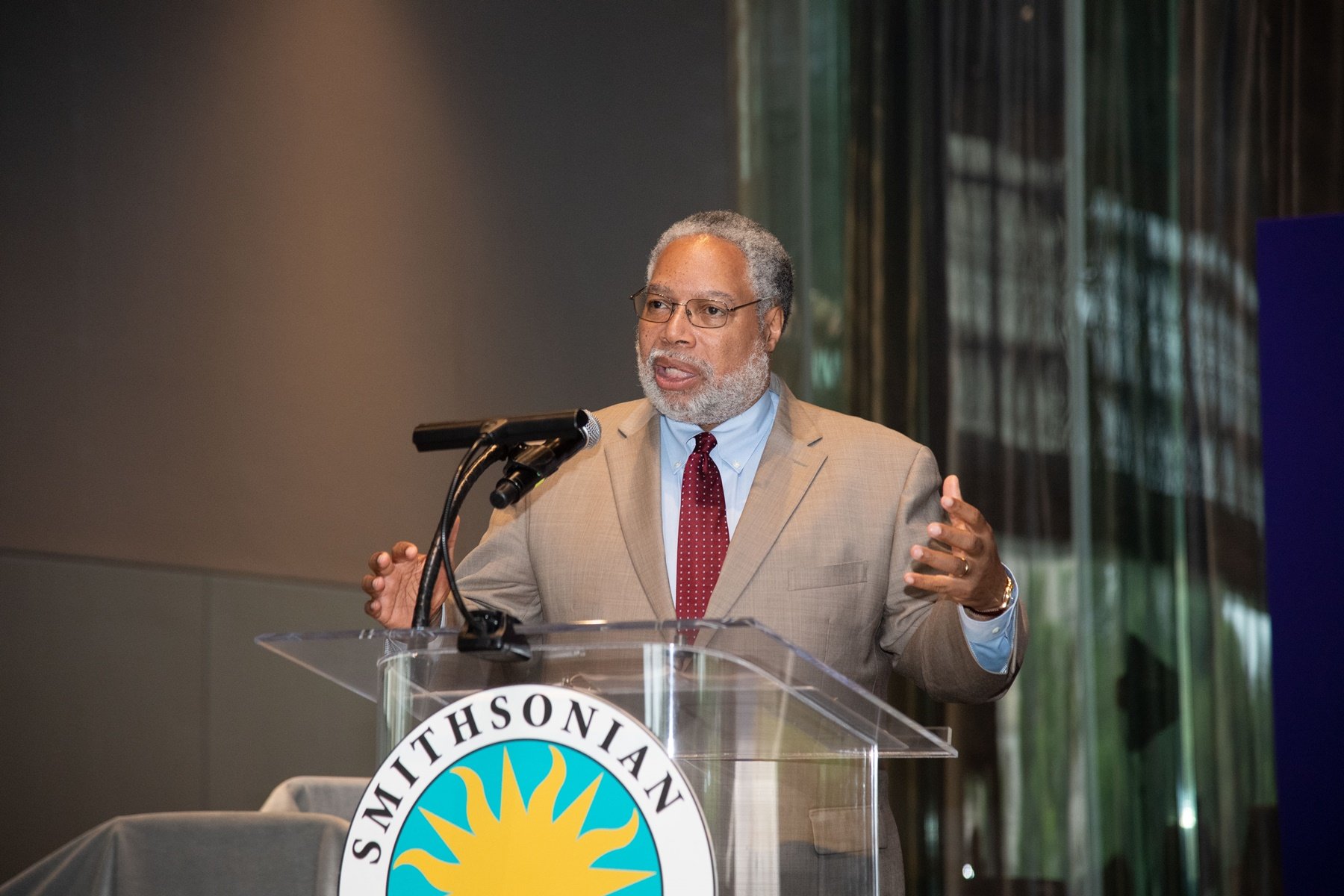
The Smithsonian will not remove the Sackler name from its Asian art Museum, the head of the institution has declared.
Last month, Oregon senator Jeff Merkley sent a letter to new Smithsonian secretary Lonnie Bunch, urging the museum to remove the Sackler name from its Arthur M. Sackler Gallery of Art in Washington, D.C. In the letter, Merkley called the opioid epidemic “one of the deadliest health crises in our country” and cited the uncovering of emails—made public through the 1,500-plus lawsuits against the Purdue Pharma, the company that created OxyContin—that suggest multiple members of the Sackler family were “personally involved in the strategy to promote and continue selling high doses of opioid painkillers.”
On Friday, June 28, Bunch responded to Merkley with a letter of his own, explaining that the Smithsonian was legally required to maintain the name of Arthur M. Sackler, who, in 1982, donated $50 million worth of Asian art and artifacts to the institution, as well as an additional $4 million to help fund the building of the museum. (Arthur Sackler, who passed away four years before his younger brothers launched Purdue Pharma, is not named in any of the current lawsuits against the company.)
The Arthur M. Sackler Gallery of Art. Courtesy of the Smithsonian Institution.
“The legal agreement signed between the Smithsonian and Arthur M. Sackler was in keeping with the Smithsonian’s recognition practices at the time and obligated the Smithsonian to designate the facility as the Arthur M. Sackler Gallery in perpetuity,” Bunch wrote in the letter to Merkley. “For this reason the Smithsonian cannot remove the Sackler name from the Gallery without breaking this commitment.”
Bunch explained that in 2011, the institution amended its naming policy for museum structures, limiting the naming rights for all buildings created after that point to 20-year terms.
The “Sackler issue has been under examination at the institution for some time,” he noted, also mentioning that he and Merkley had spoken on the phone.
“Please know that we appreciate that, in order to maintain and preserve the public trust, we must meet the highest ethical standards in all of our activities,” Bunch added.
Senator Merkley has not yet responded to artnet’s request for comment.